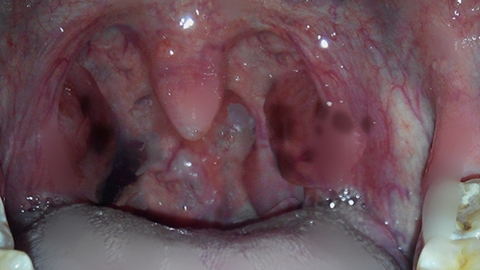Why Tonsillectomy Is Not Recommended
Generally, reasons for not recommending tonsillectomy include the importance of immune function, surgical risks and complications, effects on quality of life, voice changes, and psychological stress. Details are as follows:

1. Importance of Immune Function: As part of lymphoid tissue located at the intersection of the digestive and respiratory tracts, the tonsils serve as an important defense line of the human immune system. Tonsillectomy may lead to decreased local immune function, making patients more susceptible to upper respiratory tract infections.
2. Surgical Risks and Complications: Tonsillectomy is an invasive procedure associated with risks such as bleeding and infection. Scarring may occur after surgery, affecting pharyngeal function and causing discomfort symptoms such as dry throat, foreign body sensation, and dull pain. Performing the surgery during an acute tonsillitis episode makes bleeding and infection more likely.
3. Impact on Quality of Life: Patients may experience long-term pharyngeal discomfort after tonsillectomy, such as dryness and pain, which may affect the patient's diet, sleep, and overall quality of life.
4. Voice Changes: Tonsillectomy may affect the resonance chamber of the pharynx, causing slight changes in voice. Although these changes typically do not significantly affect daily life, they may be an important consideration for singers, public speakers, and others who rely heavily on voice quality.
5. Psychological Stress: For some patients, especially children, tonsillectomy may cause psychological stress. Concerns about the effects of surgery on the body and fears of poor postoperative recovery may lead to anxiety, depression, and other emotional issues.
Tonsillectomy is generally not recommended lightly, especially without thorough evaluation of the necessity and risks of surgery. However, in cases of recurrent tonsillitis, excessive tonsillar hypertrophy affecting breathing or swallowing, or when the tonsils become a focus of inflammation, tonsillectomy may be a necessary treatment option. In such cases, patients should follow medical advice and pay attention to postoperative care and rehabilitation to minimize adverse effects.








